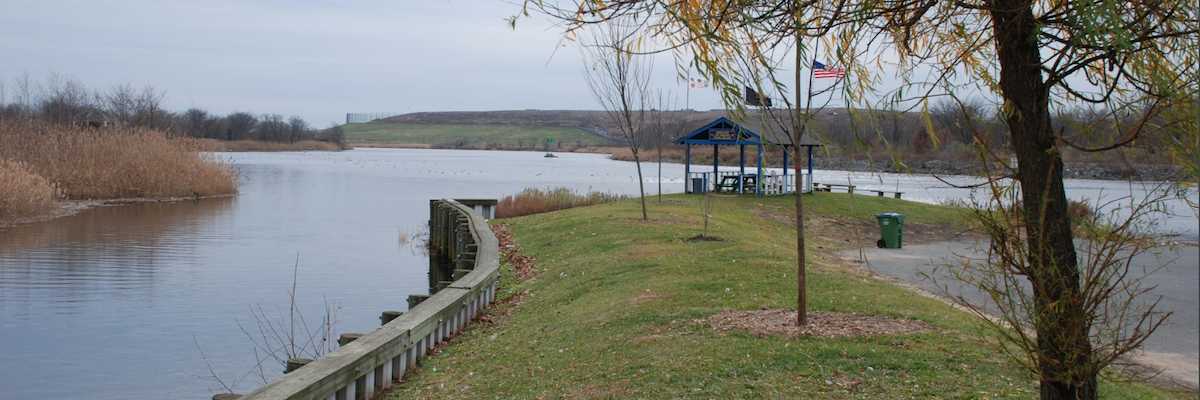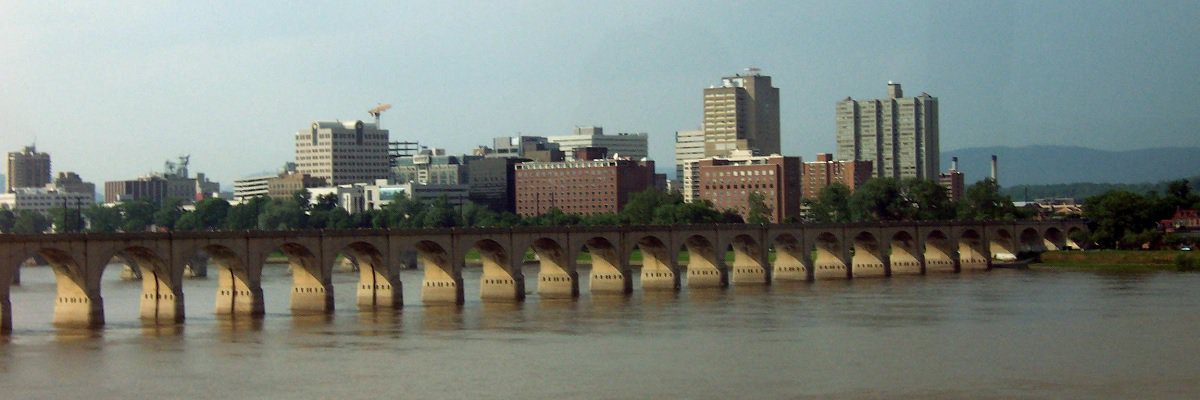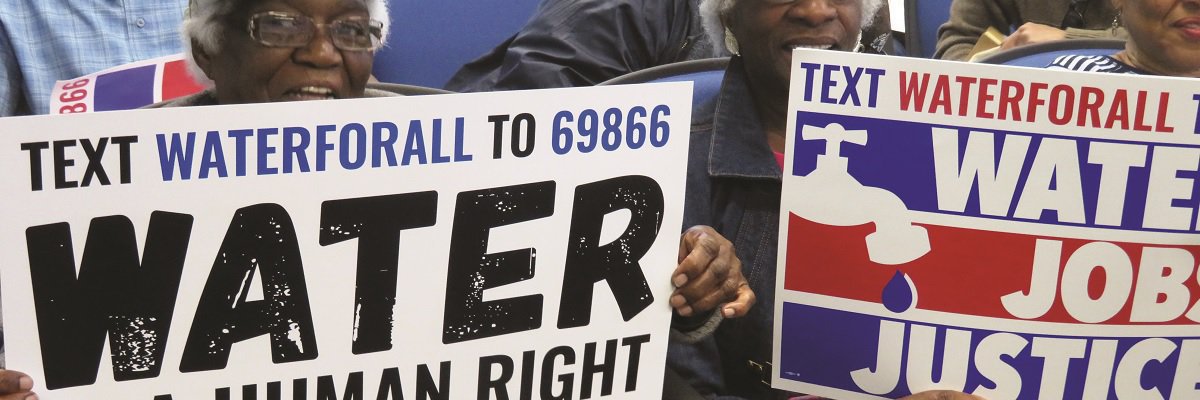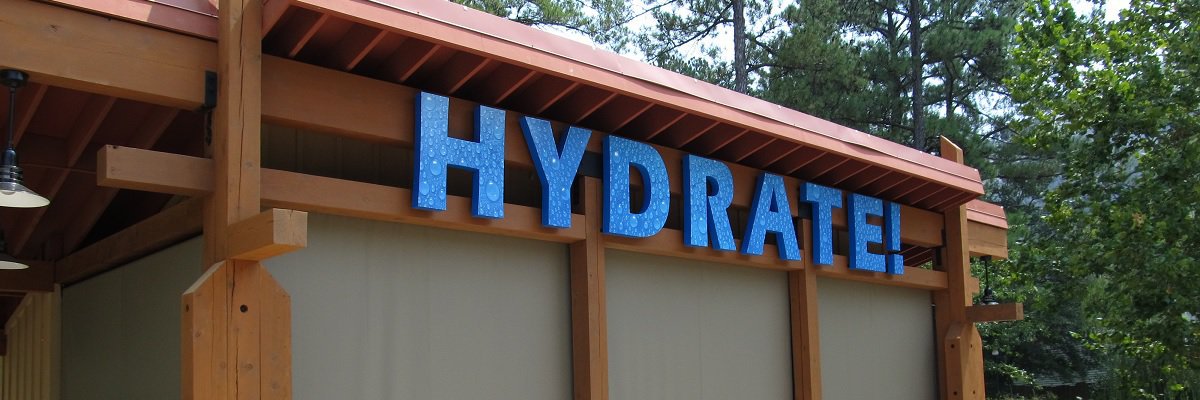Tomorrow, residents of Edison, New Jersey will be facing a vote to decide whether to retain community ownership and maintenance of the city’s drinking water and sewer treatment systems or transfer operations to private companies.
The special election on September 10 is the culmination of a community effort to block a deal negotiated between the office of Edison’s Mayor Thomas Lankey and Edison Environmental Partners, a joint venture between private water company Suez and KKR, an investment company. Nearly 5,000 residents signed the petition forcing the vote.
“We would have gotten 15,000 if we’d extended the [self-imposed] deadline,” said Anthony De Amorin, a member of the petition’s organizing committee.
Negotiations on the Suez deal had been ongoing for years, though many residents were only made aware in February that the township was in talks about the future of the city’s water services. The proposed deal would affect the sewer systems for all of Edison and the water delivery for the southern part of the city. The systems are currently operated by another private company, New Jersey American Water. The initially-proposed deal would have been worth almost $1 billion and lasted 40 years.
“It seems like it was done in the dark, in secret, and [the mayor] shouldn’t have done that,” De Amorin said. “He should have been fully transparent.”
During his State of the Township this year, Lankey announced that Edison had worked out the deal between private water company Suez and KKR by which the partnership would lease the system for the next 40 years. The deal had included a $105 million concession fee, which would be used, in part, to fund a new community recreation center.
“Nobody really had any information about it, and as I started digging and more people started talking about it. Once we found out it was Suez, we put it out on social media, and people just started doing their own research about Suez,” said Keith Hahn, one of the organizers of the opposition to the deal and an opponent of Lankey’s in the city’s 2017 mayoral election. “Through OPRA [New Jersey Open Records Act] requests we found that Suez had been negotiating with the city for over two years and none of the Council people even knew about it.”
In response, community members reached out to Food & Water Watch, a nonprofit group focused on maintaining public ownership of municipal water systems. MuckRock is currently working on a public records project in partnership with Food & Water Watch to learn more about water privatization efforts throughout the United States.
“They did not come to us. They basically laid out what our options were. They put the petition together. We used their lawyer, but it was us that physically had to go out and do the work,” De Amarin said. “Politically, we probably don’t agree on many things. But this we agree on. We agree on transparency. We believe in honest government. And we believe in keeping our water publicly owned and operated.”
For Edison residents, the options were limited. New Jersey state law places restrictions on the ability of residents to petition against particular business deals. However, they did have the option of gathering enough votes to change the existing law permitting the deal altogether.
Through sign-up drives at local VFW halls, high schools, and other locations around town, residents of Edison were able to gather enough petitioners in favor of continued public ownership of the utility to force tomorrow’s vote.
The process has not been smooth since then the petition signatures were turned in in June. Subsequently, a group working with Suez submitted an OPRA request to obtain the names and addresses of the signatories. The city has acknowledged that representatives of the “Edison Utility Improvement Program” were visiting residents without municipal authorization, but, in response to an OPRA request, recently claimed to have no records of complaints or calls about the group.
Suez did not respond to requests for comment, and, by the time of publication, Lankey’s office provided another copy of its press release.
Tony Gallotto, a spokesperson for the mayor’s office, pointed to the municipality’s form of government and the mayor’s authority to arrange its business dealings as reasons the public was not made aware of the initial deal or the most recent negotiations.
If Tuesday’s referendum vote passes, the township will assume responsibilities for the entirety of its water and sewer systems. The City Council will need to wait at least four years to pass an ordinance to the contrary, potentially reopening the system to privatization.
For those in opposition to the proposed deal, the community push for transparency has been heartening.
“If the referendum passes, this is a good model for other towns who have privatized water or sewer systems to take back their utilities,” said Junior Romero of Food & Water Watch.
Image via Township of Edison




